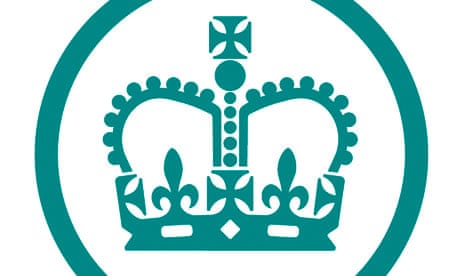HMRC’s Return to Crown Preference is Unfair

Expect more companies to go bust from April 2020, unless the government halts plans to make HM Revenue & Customs (HMRC) a secondary preferential creditor in insolvencies.
These plans are consultative, but could impact creditors significantly if implemented. As a preferential creditor, HMRC could claim overdue penalties, VAT, PAYE, and national insurance contributions dating back 21 years.
30 years after the introduction legislation was introduced to protect creditors’ interests, creditors are perhaps more vulnerable than ever.
HMRC previously held preferential status – also known as ‘Crown Preference’ – before the introduction of the Enterprise Act 2003. Its reintroduction could reduce the amount creditors receive by 50%.
According to HMRC’s figures: for every £1 creditors are owed when a company enters an insolvency procedure, the average amount they get back is just 4p. Bearing this in mind, it’s difficult to understand how reducing creditor payouts to 2p benefits them.
HMRC debts
The government believes the move will generate an additional £185m annually, and force businesses to pay HMRC debts more promptly.
Perhaps a better alternative would be to give HMRC a six-month window to collect debts using Crown Preference. Any remaining arrears would then be shared equally with other unsecured creditors.
While creditors previously used HMRC as a bank of last resort; the information needed to process tax claims is now available in real-time.
Subsequently, from 1 October there’s no reason why PAYE and VAT payments should be in arrears of more than 30 and 120 days respectively.
Under these circumstances, if HMRC allows payments to fall into arrears, they’re effectively choosing to lend, which means they should be treated the same as any other unsecured creditor.
While there’s no guarantee these plans will become law, it may still be necessary for you to get political. Lobby your local MP and the relevant trade bodies because this is unjust and will cause more harm than good.
Irene MacKenzie- The Gatekeeper of Silence
Irene MacKenzie and the Web Around William Jackson In the shadows of the alternative investment world, where buzzwords are abundant but redemptions are not, one…
Read MoreBilly Jackson Update Part 2: Companies of Interest
In our last blog on Billy Jackson, we exposed the web of enablers supporting his business operations. In this follow-up, we turn the spotlight on…
Read MoreThe Grim Truth for Loan Note Holders -79th Luxury Living Six Ltd (LL6)
No assets or safeguards. No clear path to recovery. If you’re one of the many investors who entrusted your money to The 79th Group’s loan…
Read MoreOverdrawn Directors’ Loan Accounts: How to Avoid Trouble
Many company directors borrow money from their businesses through what’s known as a director’s loan account (DLA). In principle, there’s nothing wrong with this, so…
Read More



